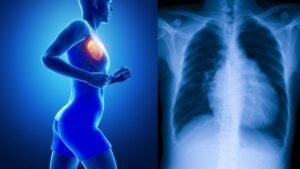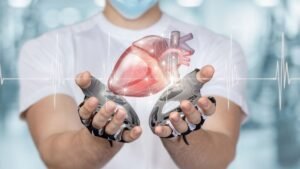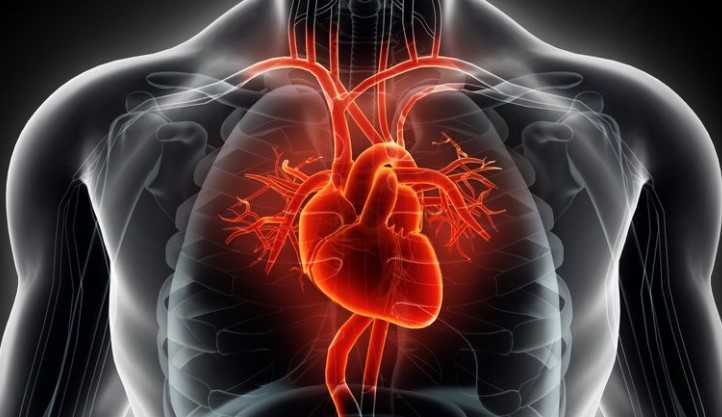We all know that the exercises and workouts we do are good for our heart health. In fact, it is always talked about that routine exercises reduce the risks of diseases such as heart disease and stroke. Less well known to everyone is physical conditions that can affect the heart, such as an enlarged heart in athletes caused by intense exercise. In this article, we will talk about important issues such as the enlargement of the athlete's heart, the rapid beating of the heart, the conditions such as heart compression, and whether it is normal to feel heart disease during sports.
Causes of Enlarged Heart in Athletes

Prolonged and continuous exercise causes our heart to enlarge. It was scientifically proven in the late 19th century. As technology improved and different imaging techniques emerged, increases in heart chamber volume became directly measurable. Electrocardiography at the point of diagnosis of heart diseases (see: ECG) with techniques such as the growth of the heart muscle, contraction of the heart, heart failure, etc. Detection of diseases has become much easier.
The underlying causes of heart enlargement in athletes vary in many points, such as the genetic structure of the person, age, sports history, and in which field exercise activities are carried out. For example, one study found that 3 years of professional cycling resulted in a 2mm increase in the diameter of the heart's left ventricle. showed. In other athletes with heart enlargement, different growth types such as concentric and eccentric were also found. Concentric growth, that is, growth in the heart muscle, bodybuilding that works under more pressure load, weightlifting, etc. occurred in athletes with muscular strength. Eccentric growth, on the other hand, was seen in those who did sports that required endurance such as long running, football and cycling.
How to Understand Athlete Heart Growth?

As we mentioned above, heart enlargement is highly related to the person's sports history and whether he is a professional athlete or not. That's why, I do sports every day, so you don't have to worry if my heart has grown 🙂 It is useful to underline that the heart growth is proportionally higher, especially in professional athletes with a long sports history. However, it is completely wrong to say that professional athletes have heart enlargement and related heart disease.
If we give an example in the academy olympiad; During exercise, the heart's volume increases during rest, and the heart can pump more blood, even if it beats slowly. So Usain Bolt, the world's fastest runner, may have the slowest heart at rest. However, in this case, it would be an unrealistic assumption to say that Usain Bolt has poor heart health. On the contrary, the assumption that will be accepted as true is that heart diseases are more common in individuals who do not do sports. Because the more you train, the more efficient your heart becomes. The part we want to draw attention to here is actually the distinction between the heart of the athlete and the heart with problems.
The symptoms are as follows in people with problems (athlete or not):
- Fainting
- Shortness of breath
- heart beating fast
- Chest Pain and Heart Compression
- dizziness
- Rhythm Disorder
In this article, we tried to summarize the causes of heart enlargement in athletes and the symptoms that may occur if it is a problematic heart. While it is difficult to detect and understand heart diseases even by doctors, we shared with you what we know about heart enlargement in athletes, which is a difficult subject to understand and explain. If your heart is constricted during sports, if you have trouble breathing, if you have a heart rhythm disorder, if you experience dizziness, we recommend that you see a doctor immediately. Stay with sports and health!
